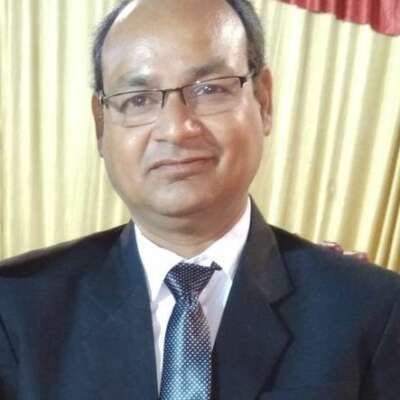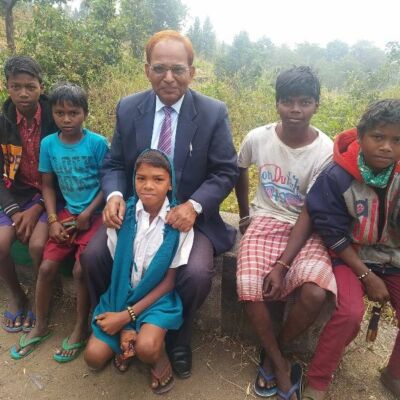Pseudo Democracy and Monopolistic Capitalism: An In-Depth Analysis in the Present Geopolitical Scenario

In the contemporary geopolitical landscape, the term “pseudo democracy” has emerged as a critique of political systems that outwardly maintain the façade of democratic governance while consolidating power among a select elite, often intertwining with monopolistic capitalist structures. This article delves into the intricate relationship between pseudo democracy and monopolistic capitalism, examining how these phenomena interact and influence each other, ultimately impacting global politics and economies.
Defining Pseudo Democracy
Pseudo Democracy can be characterized by the following features:
Manipulated Electoral Processes :
Elections are held regularly, but the outcomes are often predetermined through gerrymandering, voter suppression, and controlled media narratives.
Centralization of Power :
Real political power is concentrated in the hands of a few, often resulting in limited checks and balances.
Facade of Pluralism :
Political plurality exists nominally, but significant opposition is marginalized or co-opted.
Erosion of Civil Liberties :
Freedoms such as speech, press, and assembly are restricted under the guise of maintaining public order or national security.
The Rise of Monopolistic Capitalism
Monopolistic capitalism refers to an economic system where a few large corporations dominate the market, stifling competition and controlling substantial sectors of the economy. Key characteristics include:
Market Domination :
A handful of corporations hold dominant market shares, often leading to anti-competitive practices.
Political Influence :
Large corporations exert significant influence over political processes through lobbying, campaign financing, and revolving door employment.
Wealth Inequality :
The concentration of economic power leads to stark disparities in wealth and income, exacerbating social and economic inequalities.
Intersection of Pseudo Democracy and Monopolistic Capitalism
1. Political Influence and Control :
In pseudo democracies, the ruling elite often collaborates with monopolistic corporations to maintain their grip on power. Through substantial financial contributions to political campaigns, corporations ensure favorable policies and regulatory environments.
Examples include the significant lobbying efforts by tech giants like Google, Amazon, and Facebook, which have led to relatively lax regulations in many jurisdictions despite growing concerns over privacy and market dominance.
2. Media Manipulation and Public Perception :
Monopolistic corporations often control major media outlets, shaping public perception and discourse. This media control supports the pseudo democratic narrative by highlighting government achievements and downplaying dissent or failures.
Countries like Russia and China exhibit this dynamic, where state-aligned oligarchs own vast media empires that propagate government propaganda and suppress dissenting voices.
3. Economic Policies and Social Impact :
Economic policies in pseudo democracies are frequently tailored to benefit monopolistic corporations, often at the expense of small businesses and the general populace. This creates a feedback loop where economic power begets political power, further entrenching the status quo.
The United States, with its tax policies favoring the wealthy and large corporations, serves as a prime example of how economic and political systems can reinforce each other to the detriment of broader economic equity.
Case Studies
1. Russia :
Russia’s political system under Vladimir Putin exemplifies pseudo democracy, with controlled elections, restricted media, and suppressed opposition. The intertwining of political power with monopolistic corporations, particularly in the energy sector, has cemented an oligarchic structure that stifles competition and dissent.
2. China :
While China does not claim to be a democracy, it exhibits many traits of pseudo democracy within its single-party system. State-owned enterprises and key private corporations operate in a monopolistic manner, benefiting from close ties with the Chinese Communist Party. This relationship ensures both economic control and political stability for the ruling elite.
3. United States :
The U.S. presents a more complex picture, where democratic institutions exist but are increasingly influenced by corporate interests. The dominance of big tech, pharmaceutical, and financial companies in political lobbying and campaign financing has led to policies that favor large corporations, contributing to growing economic inequality and undermining the democratic process.
In conclusion , The interplay between pseudo democracy and monopolistic capitalism poses significant challenges to global political and economic stability. By concentrating power in the hands of a few, these systems undermine the principles of democratic governance and fair competition, leading to increased inequality and social unrest. Addressing these issues requires a multifaceted approach, including stronger regulatory frameworks, greater transparency, and a renewed commitment to democratic values and economic justice. The future of global democracy and capitalism may well depend on how effectively societies can navigate and mitigate these entwined challenges.





























